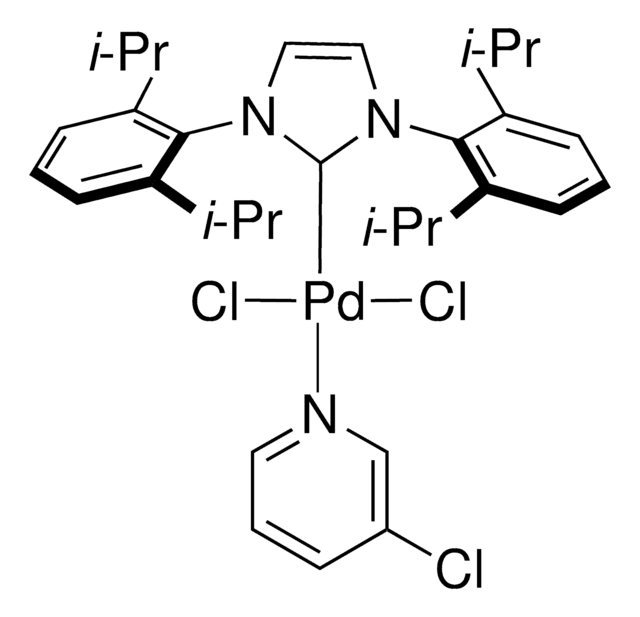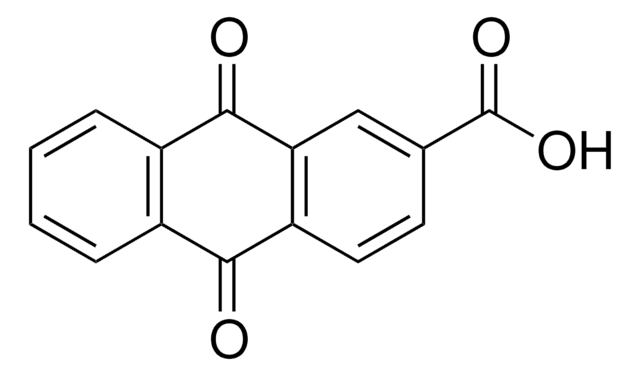106003
2,3-Dibromopropene
80%, technical grade
Synonym(s):
(2-Bromo-2-propenyl) bromide, 2,3-Dibromopropylene
About This Item
Recommended Products
grade
technical grade
Assay
80%
refractive index
n20/D 1.544 (lit.)
bp
42-44 °C/17 mmHg (lit.)
density
2.045 g/mL at 25 °C
SMILES string
BrCC(Br)=C
InChI
1S/C3H4Br2/c1-3(5)2-4/h1-2H2
InChI key
YMFWYDYJHRGGPF-UHFFFAOYSA-N
Looking for similar products? Visit Product Comparison Guide
General description
Application
Signal Word
Danger
Hazard Statements
Precautionary Statements
Hazard Classifications
Acute Tox. 4 Inhalation - Acute Tox. 4 Oral - Eye Dam. 1
Storage Class Code
10 - Combustible liquids
WGK
WGK 3
Flash Point(F)
177.8 °F - closed cup
Flash Point(C)
81 °C - closed cup
Personal Protective Equipment
Certificates of Analysis (COA)
Search for Certificates of Analysis (COA) by entering the products Lot/Batch Number. Lot and Batch Numbers can be found on a product’s label following the words ‘Lot’ or ‘Batch’.
Already Own This Product?
Find documentation for the products that you have recently purchased in the Document Library.
Customers Also Viewed
Our team of scientists has experience in all areas of research including Life Science, Material Science, Chemical Synthesis, Chromatography, Analytical and many others.
Contact Technical Service











